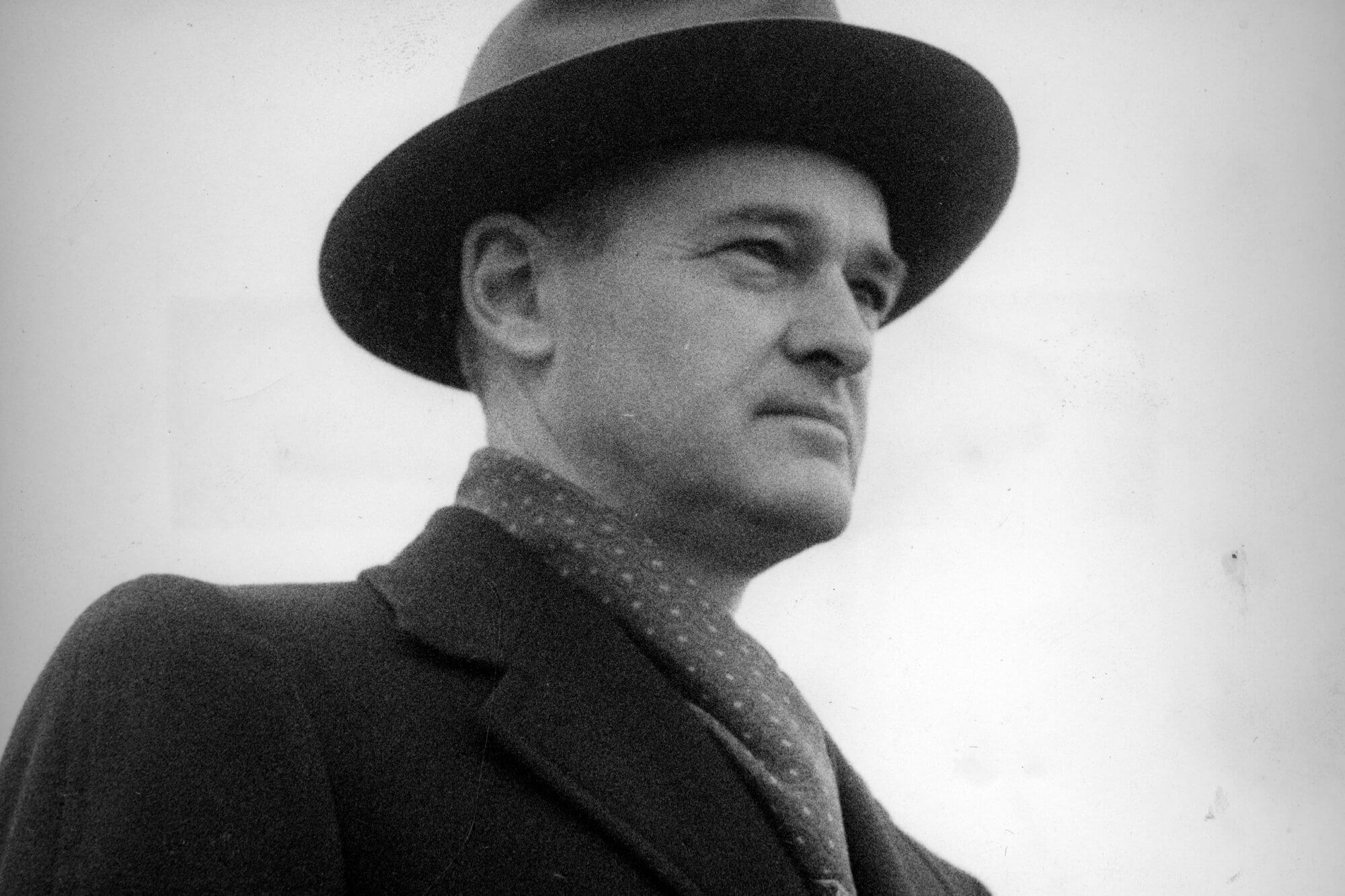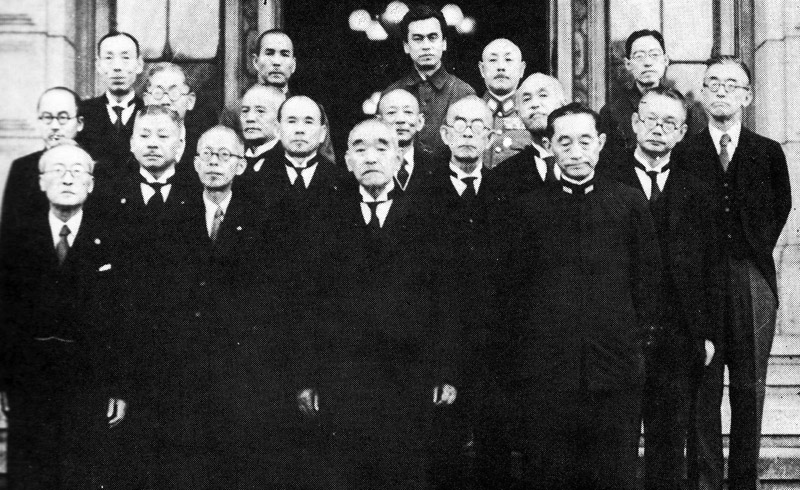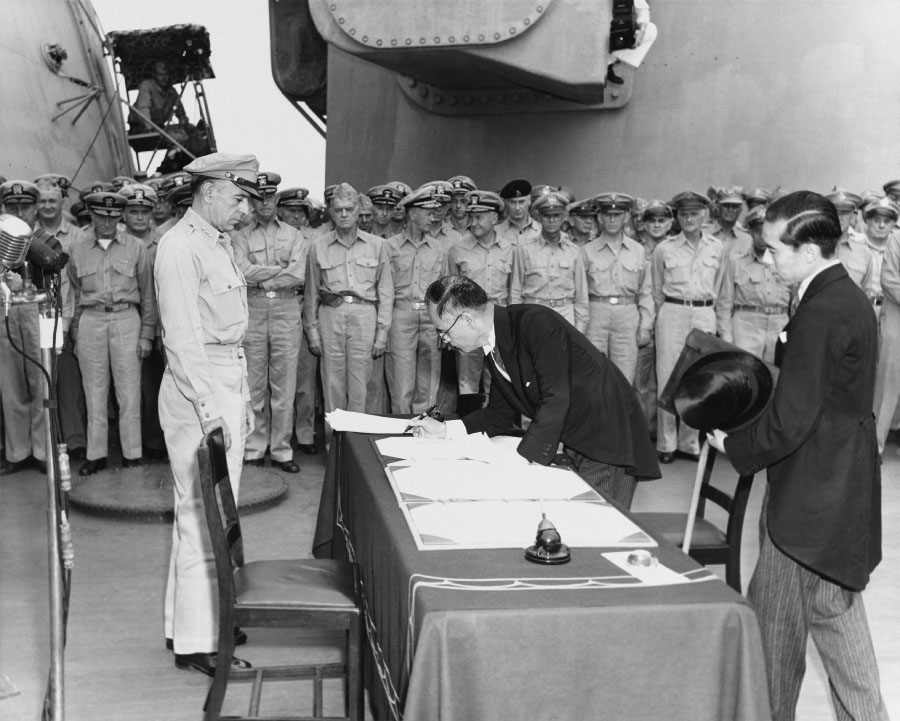DudleySmith
Diamond Member
- Dec 21, 2020
- 22,369
- 15,932
- 2,288
Foreign policy after 1945:
 history.state.gov
history.state.gov
Despite all the criticisms and the various policy defeats that Kennan suffered in the early 1950’s, containment in the more general sense of blocking the expansion of Soviet influence remained the basic strategy of the United States throughout the cold war. On the one hand, the United States did not withdraw into isolationism; on the other, it did not move to “roll back” Soviet power, as John Foster Dulles briefly advocated. It is possible to say that each succeeding administration after Truman’s, until the collapse of communism in 1989, adopted a variation of Kennan’s containment policy and made it their own.
Viet Nam fit in quite well with this policy and FDR's post-war legacy agenda to de-colonize Asia, Africa, etc. and create independent states out of former European colonies. The Soviets, meanwhile, embarked on imperialist expansion hoping to take over many of the old European colonies.
The 'Long Telegram', Keenan sent to the State Dept.

 www.trumanlibraryinstitute.org
www.trumanlibraryinstitute.org
76 years ago, George Kennan, an American diplomat living in Moscow, sent an 8,000-word telegram to President Truman’s State Department. Today, “The Long Telegram” is regarded as a foundational U.S. document, right up there with the Declaration of Independence, The Federalist Papers and George Washington’s Farewell Address. As a sign of its enduring significance, the telegram’s 75th anniversary appears on top-ten lists of historic moments to note in 2021.
In his telegram to Washington, Kennan provided U.S. policy recommendations based on his analysis of the cultural and historical forces that shaped the motives of Soviet leaders and influenced Soviet conduct around the globe. Kennan asserted that the “problem of how to cope with [the Soviet] force in [is] undoubtedly greatest task our diplomacy has ever faced and probably greatest it will ever have to face. It should be point of departure from which our political general staff work at present juncture should proceed.” He was correct. Kennan’s Long Telegram spurred intellectual policy debate that formed the basis of American policy towards the Soviet Union for the next 25 years, including the Truman Doctrine and the Marshall Plan.
Milestones in the History of U.S. Foreign Relations - Office of the Historian
history.state.gov 3.0 shell
Despite all the criticisms and the various policy defeats that Kennan suffered in the early 1950’s, containment in the more general sense of blocking the expansion of Soviet influence remained the basic strategy of the United States throughout the cold war. On the one hand, the United States did not withdraw into isolationism; on the other, it did not move to “roll back” Soviet power, as John Foster Dulles briefly advocated. It is possible to say that each succeeding administration after Truman’s, until the collapse of communism in 1989, adopted a variation of Kennan’s containment policy and made it their own.
Viet Nam fit in quite well with this policy and FDR's post-war legacy agenda to de-colonize Asia, Africa, etc. and create independent states out of former European colonies. The Soviets, meanwhile, embarked on imperialist expansion hoping to take over many of the old European colonies.
The 'Long Telegram', Keenan sent to the State Dept.

This Day In History
76 years ago today, George Kennan, an American diplomat living in Moscow, sent an 8,000-word telegram to Truman’s State Department...
76 years ago, George Kennan, an American diplomat living in Moscow, sent an 8,000-word telegram to President Truman’s State Department. Today, “The Long Telegram” is regarded as a foundational U.S. document, right up there with the Declaration of Independence, The Federalist Papers and George Washington’s Farewell Address. As a sign of its enduring significance, the telegram’s 75th anniversary appears on top-ten lists of historic moments to note in 2021.
In his telegram to Washington, Kennan provided U.S. policy recommendations based on his analysis of the cultural and historical forces that shaped the motives of Soviet leaders and influenced Soviet conduct around the globe. Kennan asserted that the “problem of how to cope with [the Soviet] force in [is] undoubtedly greatest task our diplomacy has ever faced and probably greatest it will ever have to face. It should be point of departure from which our political general staff work at present juncture should proceed.” He was correct. Kennan’s Long Telegram spurred intellectual policy debate that formed the basis of American policy towards the Soviet Union for the next 25 years, including the Truman Doctrine and the Marshall Plan.
Last edited:

